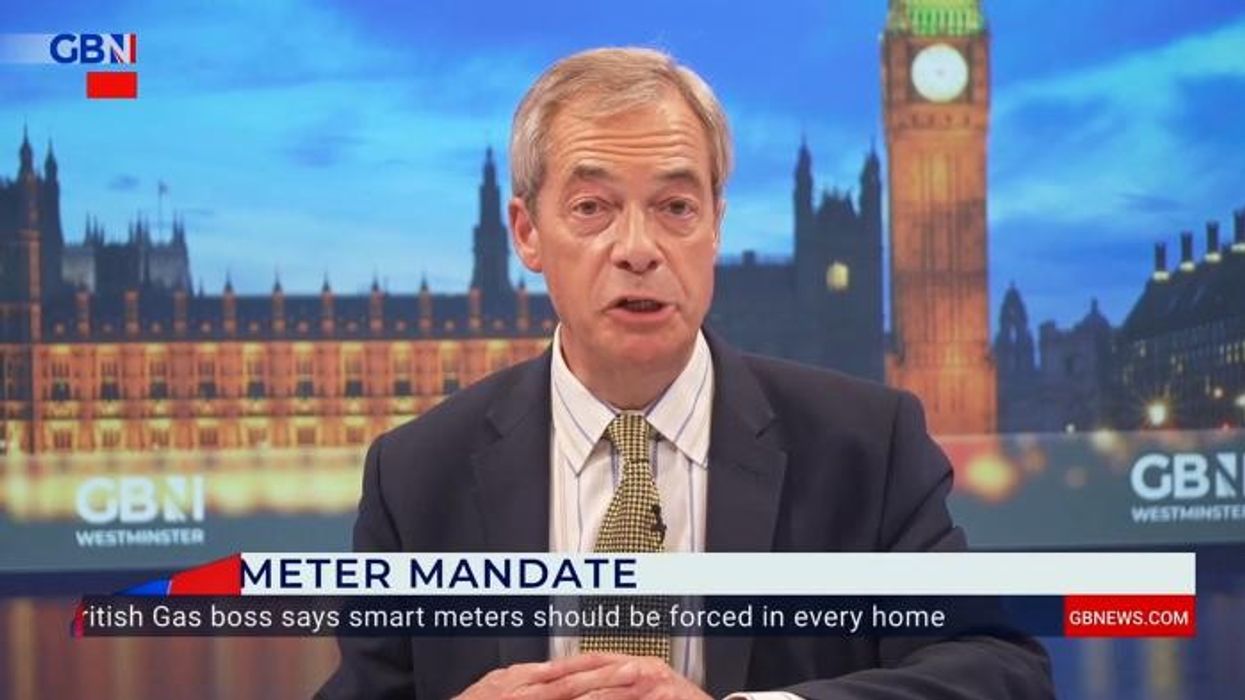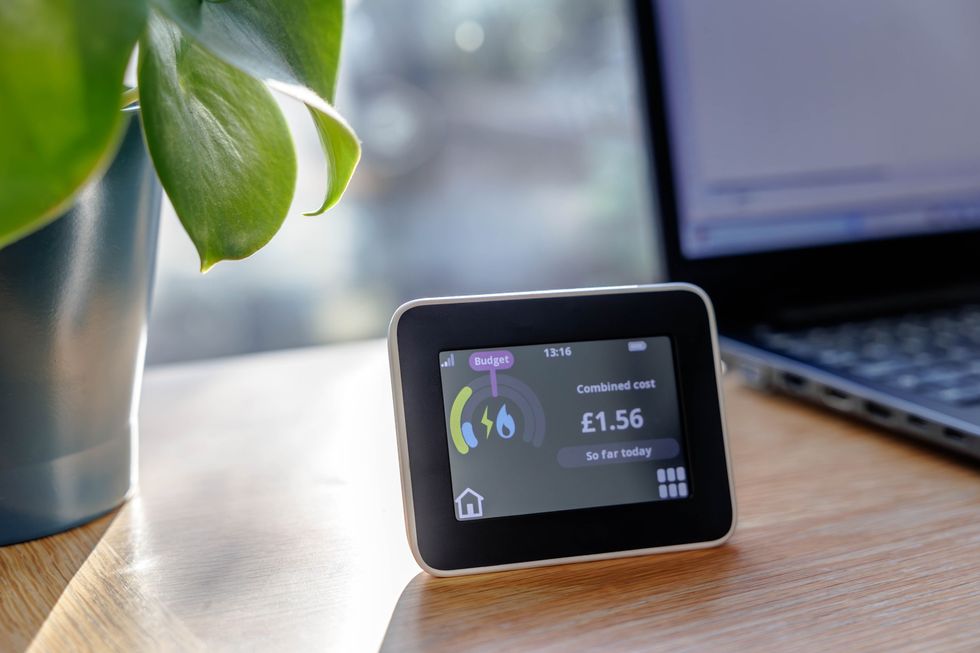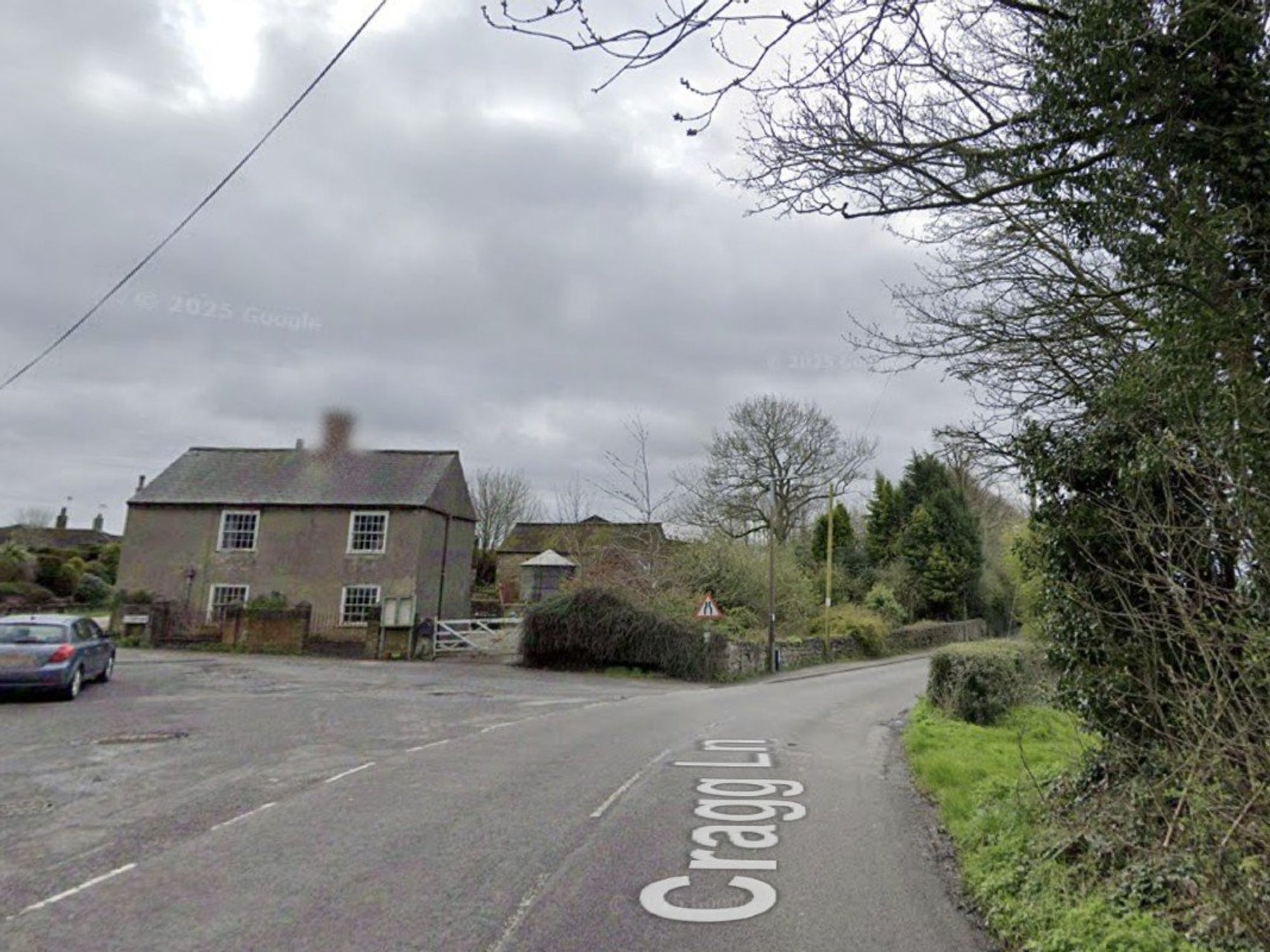Smart meter update: Exact date households should submit reading or risk 'overpaying' on energy bills

Smart meters to be FORCED into EVERY home?! | 'Most people get smart meters because they're BULLIED' |
GBNEWS

Millions of customers are making the switch to smart meters to avoid having to take meter readings
Don't Miss
Most Read
Latest
Households are being urged to act fast or risk paying more than they should on their energy bills.
With a price rise looming, millions of families could face higher costs if they miss a crucial meter reading deadline.
The regulator has confirmed a two per cent increase on October 1, taking average annual dual-fuel bills for direct debit customers to £1,755, up £35.14 from July.
Around 22 million households on standard variable tariffs will be affected.
Missing the deadline means suppliers may estimate usage, which could lead to households being overcharged.
E.ON Next has already reminded customers on its Next Flex tariff to submit their readings in time, warning that failing to do so could leave them out of pocket once the new rates come into force.
Customers on a standard variable tariff who do not have a smart meter should submit a meter reading between September 26 and October 6 to ensure their usage is accurately recorded.
Households without smart meters must take action during the ten-day window to protect themselves from incorrect billing.
Smart meter users are reminded they need not worry, as their devices transmit readings automatically to suppliers.
The provider warned: " Those without a smart meter should submit their meter readings from five days before the price cap changes to five days after to avoid potentially overpaying."
LATEST DEVELOPMENTS:

Smart meter users are reminded they need not worry, as their devices transmit readings automatically to suppliers
| GETTYMost suppliers allow submissions through online accounts, apps or text services, though some may extend deadlines slightly.
Experts advise households to take a photo of their meter as evidence in case of billing disputes.
The requirement only affects those on standard variable tariffs, while customers on fixed deals will not be impacted by the upcoming increase.
For electricity meters, customers should record the first five black numbers shown and ignore any red digits.
Traditional dial meters must be read left to right, with the lower number taken if the pointer is between two digits except when it falls between nine and zero, in which case nine should be recorded.
 Energy bills are on the rise but discounts are available to low income families | GETTY
Energy bills are on the rise but discounts are available to low income families | GETTY Gas meter readings require only the first five numbers before the decimal point. On digital imperial meters, the four black numbers are needed, while the two red ones should be ignored. Experts suggest photographing meters as the simplest method for accurate recording.
Tim Jarvis, Director General, Markets at Ofgem, advised: "There are things you can do though consider a fixed tariff as this could save more than £200 against the new cap."
Switching payment methods from standard credit to direct debit could yield savings of £135.60 annually. Fixed tariff options currently available may offer protection from future price fluctuations.
 The energy cap has risen by 2% ahead of Christmas in a blow to families | GETTY
The energy cap has risen by 2% ahead of Christmas in a blow to families | GETTY The October to December price cap represents a monthly increase of £2.93, meaning households will pay £102 for what currently costs £100. Despite being below inflation, the rise arrives as many struggle with living costs.
Ofgem's figures reveal 37 per cent of customers have already switched to fixed tariffs, protecting themselves from the upcoming increase. The regulator continues encouraging consumers to explore available options in an increasingly competitive market.
Year-on-year comparisons show the cap sits 0.9 per cent lower than the same period in 2024 when adjusted for inflation. Current prices remain £625 below the energy crisis peak in early 2023, when government intervention through the energy price guarantee became necessary.
Network and policy costs contribute to the October increase, funding essential infrastructure upgrades and support for fuel-poor households. Ofgem recently granted provisional approval for £24billion in system investments, aiming to reduce such costs long-term.
More From GB News










